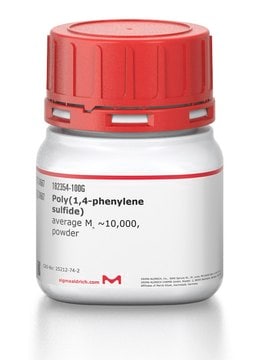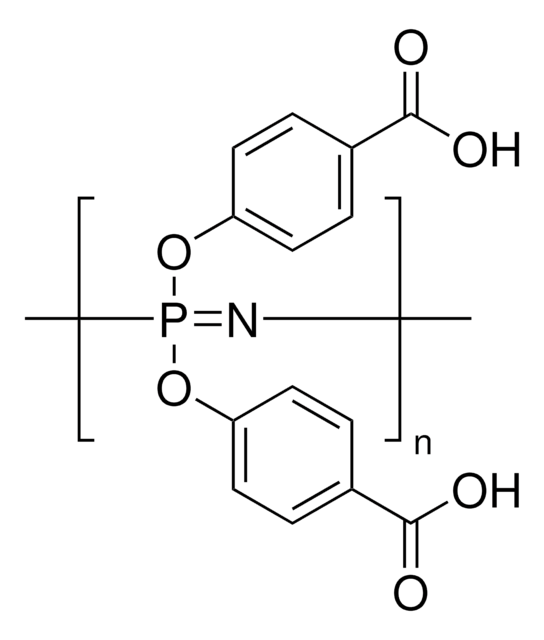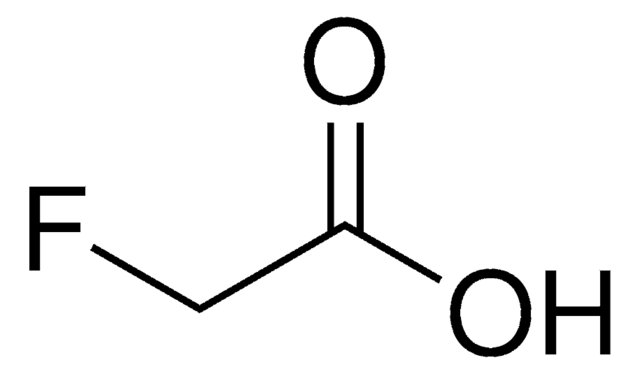All Photos(1)
About This Item
Linear Formula:
C10H7OCH(CH3)CON(CH2CH3)2
CAS Number:
Molecular Weight:
271.35
Beilstein:
6809160
EC Number:
MDL number:
UNSPSC Code:
12352100
PubChem Substance ID:
NACRES:
NA.22
Recommended Products
Assay
97%
form
solid
mp
73-78 °C (lit.)
SMILES string
CCN(CC)C(=O)C(C)Oc1cccc2ccccc12
InChI
1S/C17H21NO2/c1-4-18(5-2)17(19)13(3)20-16-12-8-10-14-9-6-7-11-15(14)16/h6-13H,4-5H2,1-3H3
InChI key
WXZVAROIGSFCFJ-UHFFFAOYSA-N
Looking for similar products? Visit Product Comparison Guide
Storage Class Code
11 - Combustible Solids
WGK
WGK 2
Flash Point(F)
Not applicable
Flash Point(C)
Not applicable
Personal Protective Equipment
dust mask type N95 (US), Eyeshields, Gloves
Choose from one of the most recent versions:
Certificates of Analysis (COA)
Lot/Batch Number
Don't see the Right Version?
If you require a particular version, you can look up a specific certificate by the Lot or Batch number.
Already Own This Product?
Find documentation for the products that you have recently purchased in the Document Library.
Li E Cui et al.
Journal of hazardous materials, 190(1-3), 81-86 (2011-03-29)
Napropamide belongs to the amide herbicide family and widely used to control weeds in farmland. Intensive use of the herbicide has resulted in widespread contamination to ecosystems. The present study demonstrated an analysis on accumulation of the toxic pesticide napropamide
J P Aguer et al.
Journal of environmental science and health. Part. B, Pesticides, food contaminants, and agricultural wastes, 35(6), 725-738 (2000-11-09)
The influence of soil and sediment composition on sorption and photodegradation of the herbicide napropamide [N,N-diethyl-2-(1-naphthyloxy)propionamide] was investigated. Five soils and one sediment were selected for this study and the clay fractions were obtained by sedimentation. Sorption-desorption was studied by
Hua Guo et al.
Journal of environmental sciences (China), 21(4), 494-502 (2009-07-29)
The effect of pesticide napropamide (N,N-diethyl-2-(1-naphthalenyloxy) propanamide) on soil microorganisms for long-term (56 d) was assessed by monitoring changes in soil microbial biological responses. Soils were treated with napropamide at 0, 2, 10, 20, 40, and 80 mg/kg soil and
Hua Guo et al.
Huan jing ke xue= Huanjing kexue, 29(6), 1729-1736 (2008-09-04)
Chromatography (HPLC and GC-MS) and spectroscopy (UV and FT-IR) methods were conducted to study the degradation and adsorption behavior of napropamide in soils. Influence factors of degradation, degradation products and adsorption mechanism were analyzed. The results showed that degradation rate
Rui Zhang et al.
Journal of agricultural and food chemistry, 58(5), 3232-3240 (2010-02-11)
Napropamide is a herbicide widely used for controlling annual weeds. Substantial use of napropamide in recent years has led to its bioaccumulation in ecosystems and thus contamination to crops. Meanwhile, application of dissolved organic matters (DOMs) to soils in the
Our team of scientists has experience in all areas of research including Life Science, Material Science, Chemical Synthesis, Chromatography, Analytical and many others.
Contact Technical Service

![3,9-Bis(2,4-dicumylphenoxy)-2,4,8,10-tetraoxa-3,9-diphosphaspiro[5.5]undecane](/deepweb/assets/sigmaaldrich/product/structures/163/089/23367906-df78-4721-b2a6-690cd4c2a9a9/640/23367906-df78-4721-b2a6-690cd4c2a9a9.png)






